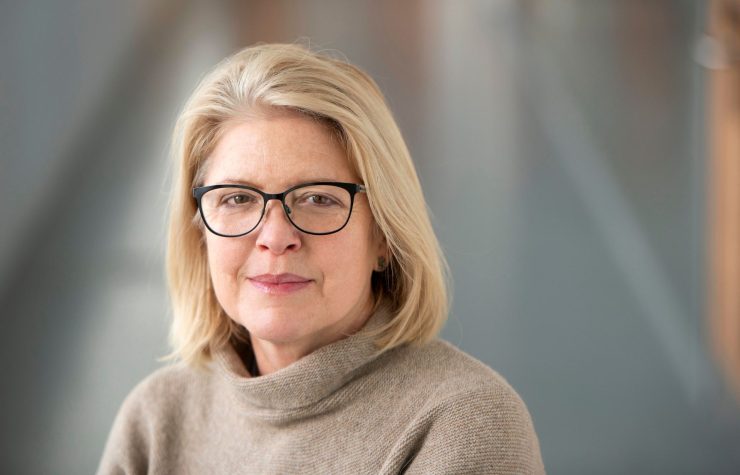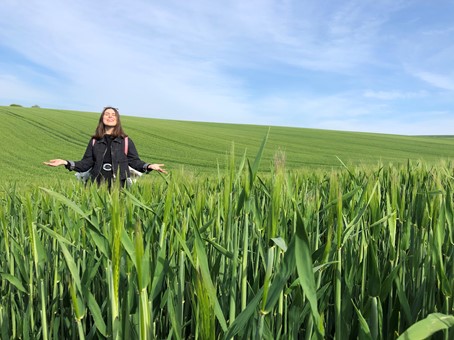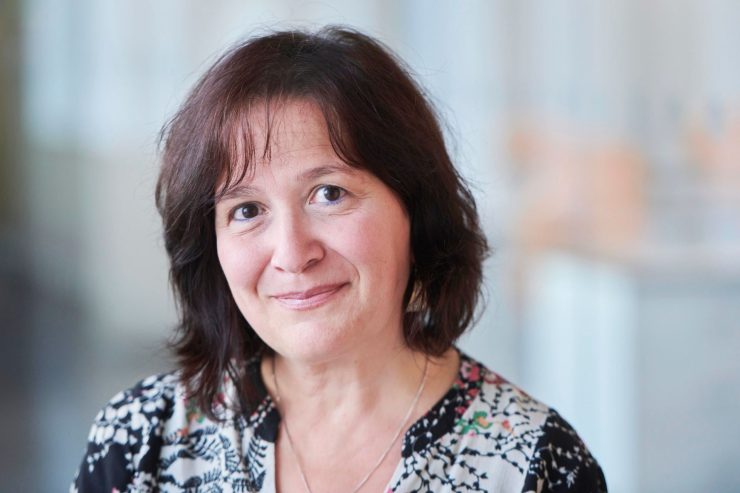We have a number of events for offer holders and applicants giving you the chance to chat to staff and students to help you in your decision making. They’re a great way to learn more about the course you have applied for and get to know us better.
When you book we’ll show you relevant dates for your course and which campus to come to. You can also check the campus where your course is based using our course finder.
Visit us!
- 22 March – Moulescoomb campus applicant event for architecture, technology and engineering; business and law; applied sciences; humanities and social science; media
- 22 April- Moulescoomb campus applicant event for architecture, technology and engineering; business and law; applied sciences; humanities and social science; media
About your applicant event
Our applicant days vary but typically include a subject session, an interactive session, facilities tour, student experience talk, campus tour and accommodation tour.
You can also find out more about student life through our advice desks which are available on the day.








